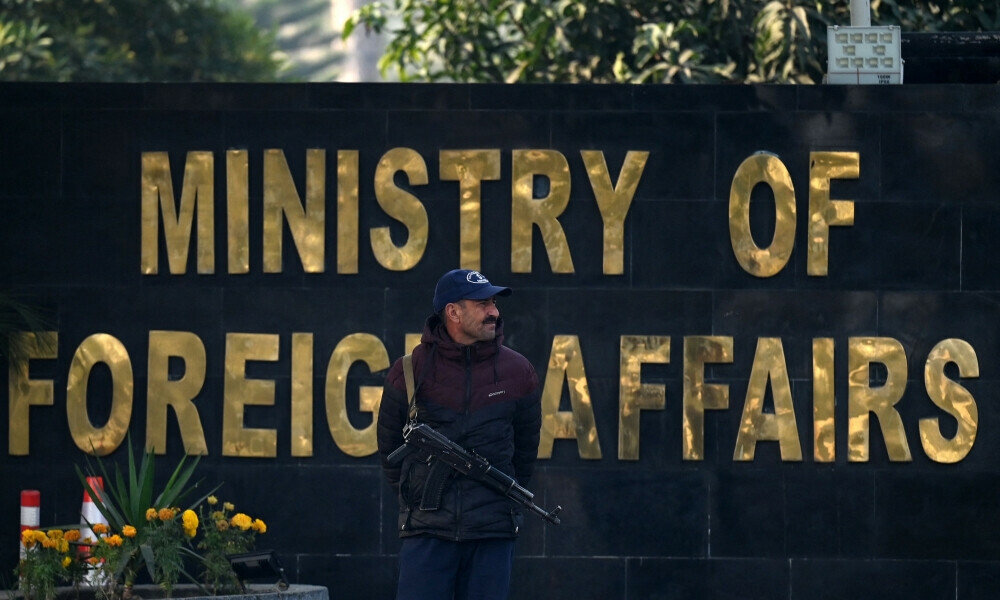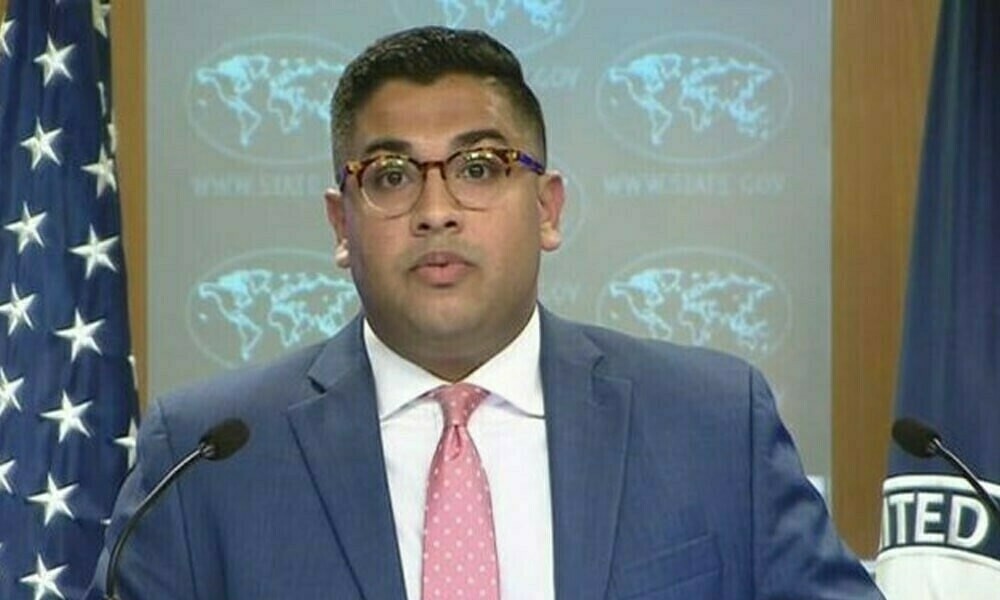PTBP Web Desk
Pakistan unequivocally condemned Israel’s recent legislative maneuver aiming to consolidate its control over portions of the Occupied West Bank. This formal denunciation was issued on Thursday by the Foreign Office (FO) in response to a draft law introduced in the Israeli legislature. This proposed bill seeks to extend Israeli domestic law over illegal Israeli settlements and surrounding areas within the West Bank, a step widely viewed as tantamount to de facto annexation of land earmarked for a future Palestinian state.
The core of Pakistan’s concern lies in the fundamentally illegal nature of this action under the established framework of international law. The Foreign Office minced no words, stating clearly that “These actions constitute a flagrant violation of international law, relevant United Nations Security Council resolutions, and the inalienable rights of the Palestinian people.” This condemnation places Pakistan firmly in line with the overwhelming majority of the global community, which views all settlements in the occupied territories as illegal obstacles to peace.
This deeply provocative and unilateral measure is seen by Islamabad not merely as an administrative change but as a deliberate attempt to sabotage the prospects for lasting peace. According to the official statement, such unlawful steps directly “undermine ongoing efforts to achieve peace and stability in the region.” The timing and nature of the bill intensify regional tensions, making the already fragile path towards a comprehensive political resolution even more tenuous.
The diplomatic crisis was triggered by events earlier in the week. As reported by Reuters [Link to International News Source], Israel’s parliament granted preliminary approval to a bill on Wednesday designed to apply Israeli law to the occupied West Bank. In legal and political terms, the application of domestic law to occupied territory is universally regarded as a preparatory step—or the effective execution—of annexation.
The territories in question are those that Palestinians rightfully claim for the creation of their sovereign state. The international consensus, enshrined in numerous treaties and UN resolutions, dictates that the West Bank remains occupied territory and its final status must be determined through comprehensive negotiations between the parties, not through unilateral legislative action by the occupying power. By attempting to formally incorporate settlements—which are themselves illegal under Article 49 of the Fourth Geneva Convention—into its own domestic legal structure, Israel seeks to establish permanent control over land it does not legally possess.
Pakistan’s strong stance is rooted in decades of international jurisprudence. The establishment of settlements in the occupied territories has been repeatedly and definitively condemned by the UN Security Council. Resolutions such as 446 (1979) and 2334 (2016) have explicitly affirmed that the establishment of settlements by Israel in the Palestinian territory occupied since 1967, including East Jerusalem, has no legal validity and constitutes a flagrant violation under international law.
The draft law, therefore, represents a direct challenge to the authority of the United Nations and the fundamental principles governing armed conflict and occupation. The transfer by an occupying power of parts of its own civilian population into the territory it occupies is strictly prohibited. The Foreign Office’s articulation of this violation highlights Pakistan’s commitment to upholding the sanctity of the multilateral rules-based international system. The move essentially attempts to erase the internationally recognized distinction between sovereign Israeli territory and the land seized during the 1967 war, a distinction that is the bedrock of the potential two-state solution.
In light of this gravity, Pakistan did not limit its response to mere condemnation. The Foreign Office issued a powerful and direct appeal to the international community, urging it “to take urgent and decisive action to halt these illegal steps.” This proactive call seeks to mobilize global diplomatic and political pressure necessary to prevent the bill’s final passage and enforcement.
Furthermore, Islamabad stressed the need to hold the Israeli occupying forces accountable for what it termed “their continued violations of international law.” This demand for accountability extends beyond mere policy reversals and touches upon the broader context of violence and instability in the region.
The humanitarian aspect of the conflict remains a persistent concern. The Foreign Office statement implicitly references the ongoing tragic human cost, citing data from the Gaza Health Ministry regarding recent casualties. Israeli forces have reportedly killed at least 87 Palestinians, including civilians, since the last ceasefire. Moreover, the statement tragically notes that Israeli attacks have killed more than 68,000 Palestinians in Gaza since the war began, according to the Gaza Health Ministry. These grim figures underscore the volatile nature of the occupation and the immediate threat to the Palestinian people posed by further instability and illegal land grabs.
Pakistan’s position on the Palestinian cause is historically consistent and remains absolute. The FO statement concluded by strongly reiterating this unwavering diplomatic commitment.
“Pakistan reiterates its commitment to working with regional and international partners to uphold the rights of the Palestinian people, including their right to self-determination, and to ensure peace, justice, and dignity for the Palestinians.” This commitment involves sustained engagement in diplomatic forums, including the Organization of Islamic Cooperation (OIC) [Link to OIC Statement], and in bilateral discussions with allies across the globe.




